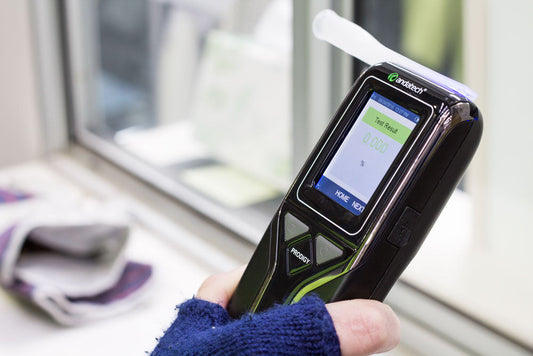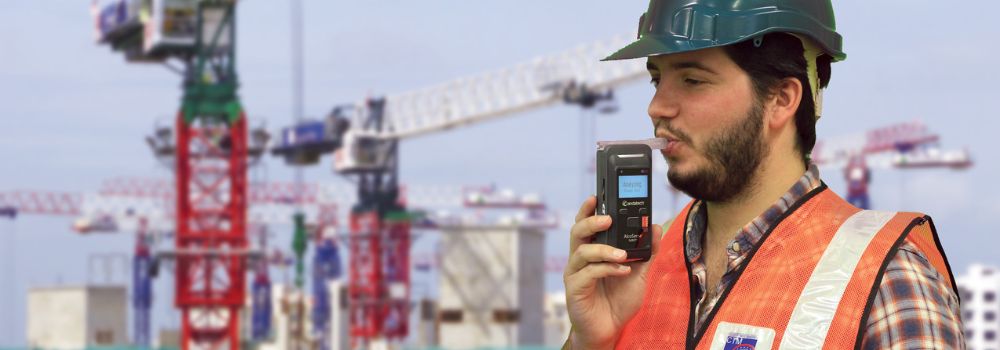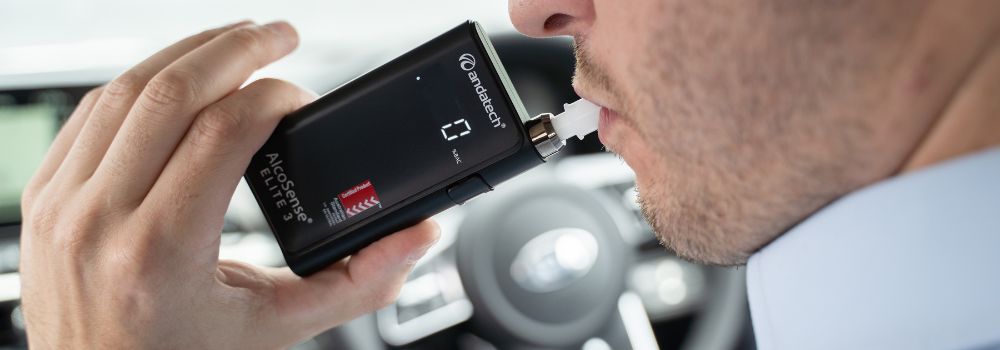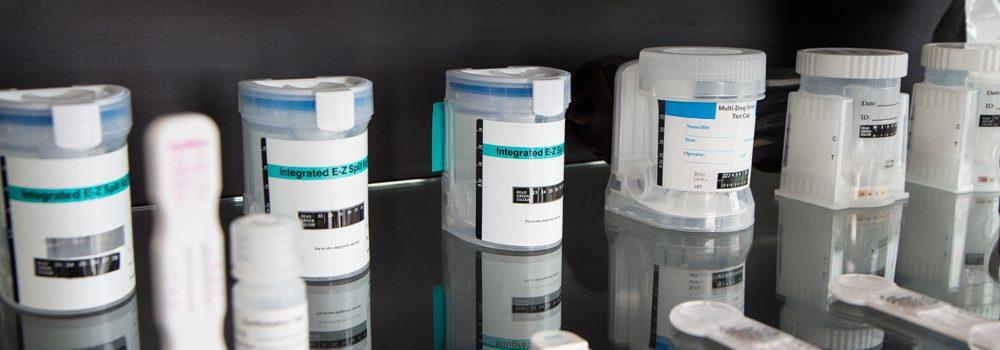Drug use among Malaysian youth is rising—and social media is quietly playing a powerful role. From viral videos that glamorise drug use to the ease of buying substances online, digital platforms are transforming how drugs are perceived, promoted, and accessed.
This guide explains how social media fuels addiction, the hidden risks for young Malaysians, and what families and educators can do to protect the next generation.
How social media makes drugs look appealing
In the age of TikTok and Instagram, everything can be made to look glamorous—including drugs. Carefully curated photos and viral content often show drug use as part of an exciting, carefree lifestyle.
When a young person sees influencers posting about “chill” weekends or sharing memes that make drug use seem normal, it can create the perception that everyone is experimenting—and that there’s little harm in trying it “just once.”
Even more concerning, the positive reactions—likes, shares, comments—reinforce the idea that these risky behaviours are accepted, or even admired.
Platforms and tactics commonly used to sell drugs
Beyond normalising drug use, social media has also made it easier to buy illegal substances discreetly. Dealers increasingly use platforms such as:
- Instagram DMs
- WhatsApp groups
- TikTok and other short video apps
Posts may be hidden behind harmless-looking content or code words, and transactions often use e-wallet payments or cryptocurrency to avoid detection.
This combination of instant communication, anonymity, and cashless payment creates a perfect storm for youth to access drugs with minimal barriers.
The hidden risks for young Malaysians
Many of the substances sold online are not what they claim to be. For example, “magic mushroom”-flavoured vape liquids seized recently were found to contain synthetic cannabis and other dangerous chemicals, not natural psilocybin.
Other risks include:
- High addiction potential: Synthetic drugs such as methamphetamine and ecstasy are highly addictive.
- Counterfeit products: Some substances are contaminated or mixed with unknown chemicals.
- Legal consequences: Buying drugs online remains a serious offence under Malaysia’s Dangerous Drugs Act 1952.
- Mental health harm: Social media use and drug use often go hand in hand with anxiety, depression, and social withdrawal.
What parents and educators can do
While technology evolves quickly, there are steps you can take to stay one step ahead:
✅ Start open conversations early. Avoid judgmental language—focus on understanding and safety.
✅ Know the platforms. Learn which apps your child or student uses and how they work.
✅ Encourage critical thinking. Help young people question what they see online, especially posts that make drug use look harmless.
✅ Teach privacy awareness. Talk about how oversharing can make them a target for exploitation.
Early warning signs that social media is influencing drug use
It can be hard to spot the signs early. Look for:
- Increased secrecy around phone or computer use.
- Sudden changes in friend groups.
- New slang terms you don’t recognise.
- Unexplained e-wallet transactions or requests for cash.
Trust your instincts—if something feels off, it’s worth checking in.
Tools and resources for help
If you suspect someone you care about is at risk, you’re not alone. Resources include:
- National Anti-Drug Agency (AADK) Helpline: 03-8911 2233
- Seek help from Narcotics Anonymous Malaysia
- Andatech drug and alcohol safety resources
Conclusion
Social media isn’t just a distraction—it can be a gateway for drug exposure and addiction. But with vigilance, open dialogue, and early intervention, we can help protect young Malaysians from the hidden dangers behind the screen.
If you’re looking to create a safer, drug free environment, reach out to Andatech Malaysia for free consultation on ideal drug and alcohol testing practices.
Disclaimer: The information provided in this article is for general reference only. Please seek advice from professionals according to your business’s needs.
Written by Andatech Malaysia









